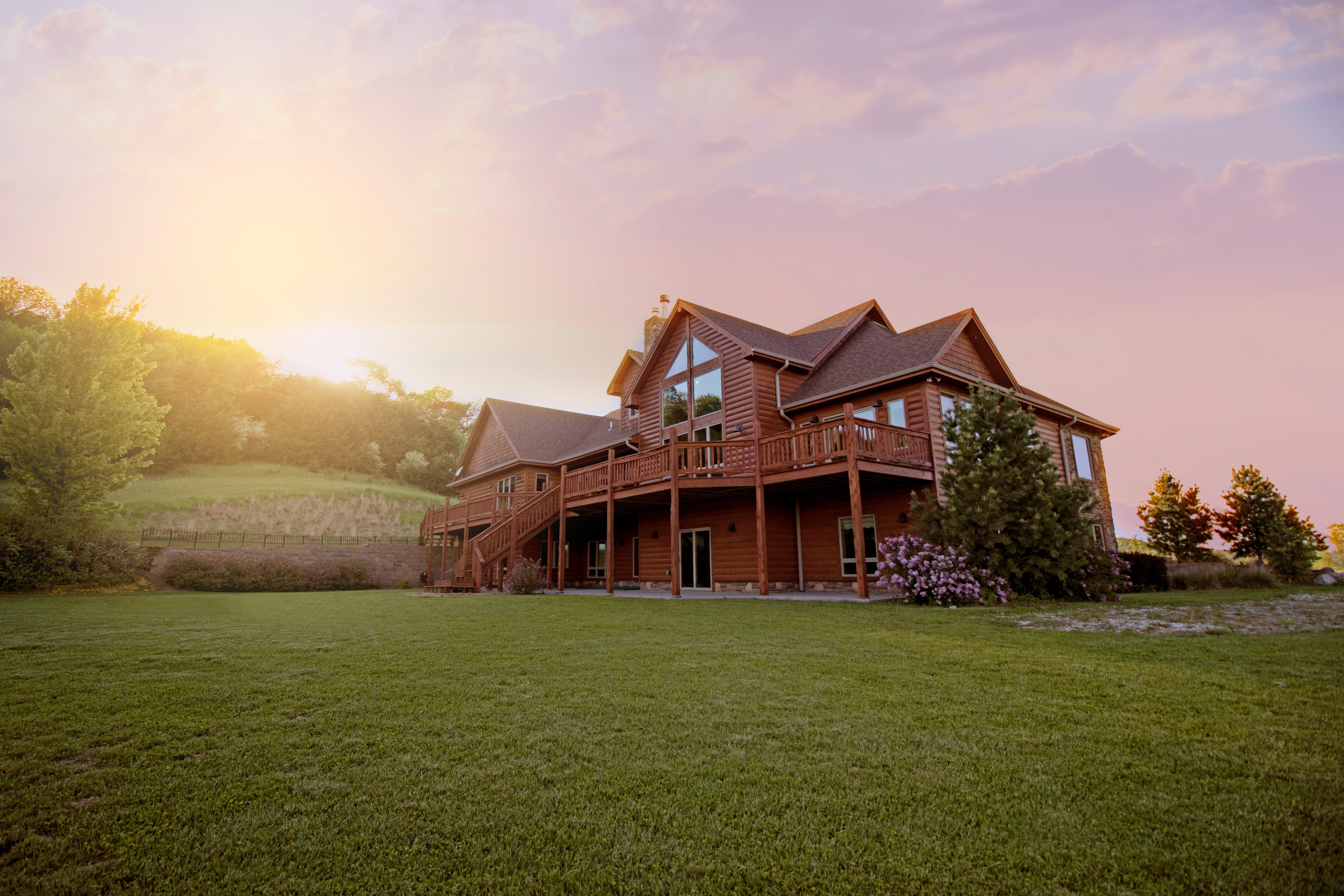Many conveyancing professionals usually have a legal academic background due to the scope of work involved in the job. However, you do not always have to be a lawyer to practice conveyancing.
Conveyancing is an area of practice that involves facilitating the legal transfer of property from one owner to another. Conveyancers are the professionals who do this work. They offer their services to property buyers, sellers and mortgage lenders to act as legal representatives in the various proceedings. They can make decisions on behalf of their clients, upon instruction.
Many conveyancing professionals usually have a legal academic background due to the scope of work involved in the job. However, you do not always have to be a lawyer to practice conveyancing. If you have been considering conveyancing as a career option, the following information should help:
Council for Licensed Conveyancers
The Council for Licensed Conveyancers is the body responsible for the vetting and licensing of individuals practicing conveyancing as a profession. Every conveyancer needs to pass the CLC exams in order to receive the license. You do not need to have a background in the legal profession in order to study for and take the CLC exams. As long as you are above 21 years of age and considered by the CLC as fit to hold a license, you can apply for CLC training and take the exams to get a conveyancing license.

Preferred academic background
Conveyancing is open to all graduates, sometimes consideration of the application to the CLC is on merit only and not academic background. However, some academic backgrounds can put you at a better position when applying for CLC training. They include foundation degrees in any of the following fields:
- Law and legal studies
- Planning and surveying
- Business and business management
- Finance and accounting
- Land, real estate and property management
If you are not academically qualified in these areas, you can still apply for CLC training if employed by banks, property developers, solicitor firms or a licensed conveyancer firm. You can take the CLC training part time while still working, which will take you around three years, and take the exam after that.
Non-graduates
Personal qualities and skills are also very important when it comes to considerations for CLC training and exams. Non-graduates can also enter the CLC training program. This is because the minimum entry to CLC training is four GCSE passes including English or English Literature. Some of the personal qualities and skills you should have include:
- Negotiation and advising skills
- Being able to understand and explain legal technicalities
- Problem solving skills
- Interest in research and property law
- Respecting client confidentiality and discretion
- Good report writing
- Basic Information technology proficiency
- Accuracy and professional conduct
DIY Conveyancing
Some property owners carry out their own conveyancing when selling or buying property. Individuals who have a bit of legal knowledge and experience can do their own conveyancing. It is a great way to save money but they still have to pay for searches, stamp duty and land registry fees.


Join the conversation!